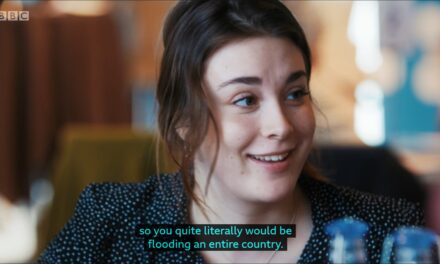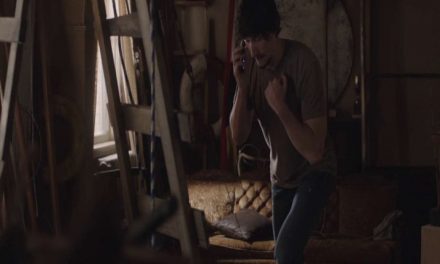The horror that the residents, firefighters and loved ones experienced as London’s Grenfell Tower burned is almost unspeakable. Maybe that’s why so much of the coverage was just images. As details emerge about the lack of support and attention to warnings, the event and its toll is also unforgivable. Watching the event unfold via television on the other side of the world felt almost intrusive – was baring witness to this something that could ultimately help anyone (or anything)? Or was this a way of creating further distance and a bigger spectacle – hence creating a larger distance between the event itself and the human cost. The victims – overwhelming working class people and migrants – are already sidelined in the version of Britain, and especially London, that makes it to screen. To watch them – at this most vulnerable of times – was beyond distressing.
I was on my way home in the early evening in Sydney, Australia, when news of the fire broke. The images looked unreal, and local commentators with scarce details beyond the pictures did their best to editorialise. As time passed, ‘UK correspondents’ were sourced to do live broadcasts during news and commentary shows. The looked dishevelled, talking with Australian accents but with an alien backdrop – the patchy audio and delayed responses between them and the reporters at home only emphasising further the great distance between those poor souls who were experiencing hell on earth, and the other reality in lounge rooms on the other side of the world.
I still don’t know what the best way to help is, especially as here at home our treatment of working class and migrant people continues to deteriorate. As someone who is a direct result of both – I can empathise and be grateful for the opportunities my family has had – but this personal connection shouldn’t be required in order for empathy to flow.
Empathy prompts are, unfortunately, how local broadcasters make sense of international events. Here in Australia the reports from the London tower block soon developed to questions about how many similar towers exist locally – and speculation about whether a similar tragedy could occur. It feels crass – and it is. But it’s a staple of the way news is given to us on television (and other news media). Only a little time before, the London Bridge Terror Attacks lingered in the local news as details of Australian victims were revealed.
This is not to say that Australians – or any group who localises news in this way, are especially bad. As a media scholar I know that this process of familiarisation is one that all media forms use to draw in their audiences. But there is something about watching these events happen live – from the other side of the world, that makes me question why I’m watching and what my obligation is to continue. If I turn off – which I’ve had to a few times, including social media feeds of ‘videos from the inside’ – I worry that means I don’t care.
Certainly the remote offers a relief and means of escape. It’s a tool I’ve used so much that I often miss the news altogether these days – and I know, intellectually, that large-scale horrors much bigger than this continue daily even though they are no longer on my screen. But I can’t bring myself to watch – and increasingly, it makes me wonder what watching (or not) actually means.
As I sit here now, debating whether or not to switch off as details emerge about those who were lost (and those who now remain with lives forever changed), I have to hope that my television habits matter if they lead to something else. They need to lead to empathy beyond this one event and towards those who are also in pain but seldom given a spotlight – and to whatever support can be given to them before a crisis situation. They need to lead to votes, donations, actions and community-lead change. Despite its clichéd position as a submissive story teller – television’s influence, beyond our loungerooms, should be far from passive.
Dr Liz Giuffre is a lecturer and researcher in Media, Music and Cultural Studies at University of Technology, Sydney, Australia. Her work focuses on music and television in particular, including audience studies, fandom, cultural history and cultural industries in transition.




